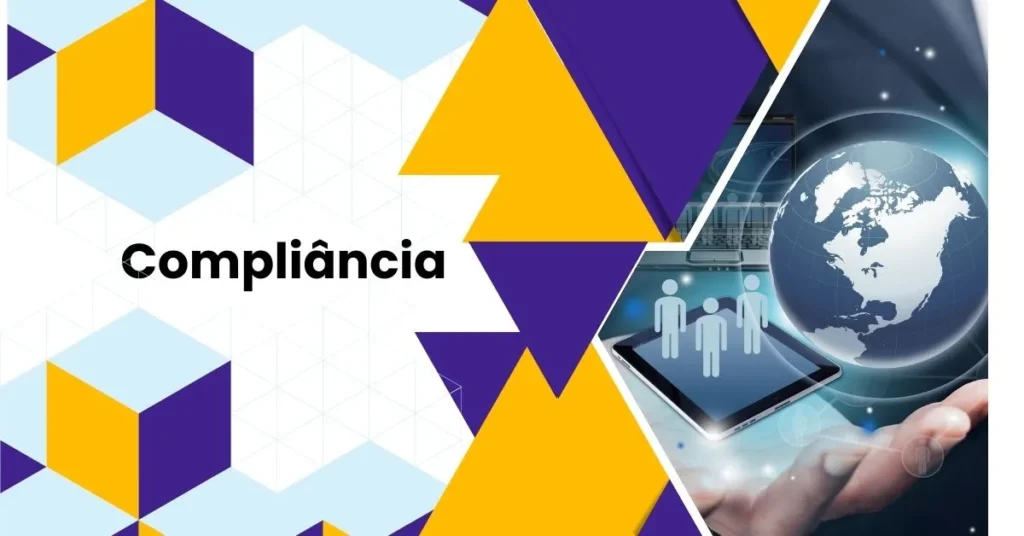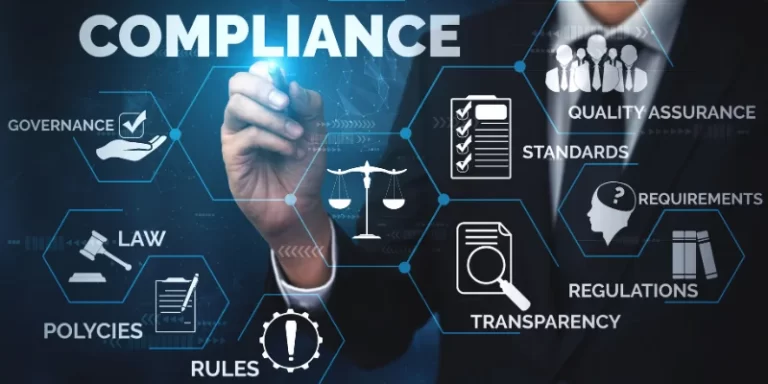Compliância 101: What You Need to Know to Stay Ahead

Introduction to Compliância
What is Compliância?
Compliância refers to the process of adhering to laws, regulations, guidelines, and specifications relevant to an organization’s business. In simpler terms, it means following the rules and standards set by governing bodies to ensure lawful and ethical business practices.
Importance of Compliância in Modern Business
Compliância is crucial for several reasons. It protects companies from legal penalties, maintains their reputation, fosters trust among stakeholders, and ensures operational efficiency. In today’s complex regulatory landscape, staying compliant is not just about avoiding fines—it’s about building a sustainable business.
The Evolution of Compliância
Historical Background
The concept of Compliância has evolved significantly over time. Initially, it was mainly about adhering to basic legal requirements. However, with the increasing complexity of global business operations, compliance has expanded to encompass a wide range of regulations and standards.
Key Milestones in Compliância
Key milestones include the introduction of the Sarbanes-Oxley Act (SOX) in 2002, which redefined corporate governance standards, and the General Data Protection Regulation (GDPR) in 2018, which set new benchmarks for data privacy and protection.
Types of Compliância
Regulatory Compliância
Regulatory Compliância involves following laws and regulations set by governmental bodies. These regulations can vary by country and industry, making it essential for businesses to stay informed and updated.
Corporate Compliância
Corporate Compliância ensures that a company adheres to internal policies and procedures, as well as external legal requirements. This includes ethical standards, anti-corruption measures, and corporate governance practices.
Environmental Compliância
Environmental Compliância focuses on adhering to environmental laws and regulations to protect natural resources and minimize environmental impact. This includes regulations on pollution control, waste management, and resource conservation.
Data Compliância
Data Compliância is increasingly critical in the digital age. It involves following regulations that govern the collection, storage, and use of personal data to protect individuals’ privacy rights.
Regulatory Compliância
Regulatory Compliância is about adhering to laws and regulations specific to an industry. This might include financial regulations, health and safety standards, or consumer protection laws. Non-Compliância can result in severe penalties, including fines and legal action.
Examples of Regulatory Bodies
Examples of regulatory bodies include the Securities and Exchange Commission (SEC) in the United States, the Financial Conduct Authority (FCA) in the UK, and the European Medicines Agency (EMA) in the EU.
Corporate Compliância
What is Corporate Compliância?
Corporate Compliância involves ensuring that a company follows both external regulations and internal policies. This includes ethical standards, anti-corruption measures, and adherence to corporate governance principles.
Corporate Compliância Programs
A robust corporate Compliância program includes clear policies and procedures, regular training for employees, a whistleblower hotline, and continuous monitoring and auditing to ensure Compliância.
Environmental Compliância
Definition and Importance
Environmental Compliância means adhering to environmental laws and regulations to minimize harm to the environment. This is critical for sustainable business practices and can also enhance a company’s reputation.
Key Environmental Regulations
Key regulations include the Clean Air Act, the Clean Water Act, and the Resource Conservation and Recovery Act in the United States, as well as various international agreements like the Paris Agreement on climate change.

Data Compliância
Importance of Data Protection
With the rise of digital technology, data protection has become paramount. Companies must ensure they handle personal data responsibly to protect individuals’ privacy and avoid legal repercussions.
Major Data Compliância Laws
Major laws include the GDPR in Europe, the California Consumer Privacy Act (CCPA) in the United States, and the Personal Data Protection Act (PDPA) in Singapore. These laws set stringent requirements for data handling and protection.
The Role of a Compliância Officer
Duties and Responsibilities
A Compliância officer is responsible for developing, implementing, and overseeing an organization’s compliance program. This includes monitoring regulatory changes, conducting risk assessments, and ensuring that employees understand and adhere to Compliância policies.
Skills Required
Key skills for a Compliância officer include attention to detail, strong ethical standards, excellent communication skills, and the ability to analyze complex regulations and apply them to business practices.
Implementing an Effective Compliância Program
Steps to Develop a Compliância Program
- Conduct a Risk Assessment: Identify areas of potential Compliância risk.
- Develop Policies and Procedures: Create clear and accessible guidelines for employees.
- Training and Communication: Ensure employees are well-informed about Compliância requirements.
- Monitoring and Auditing: Regularly check Compliância status and make necessary adjustments.
- Enforcement and Discipline: Implement measures to address non-Compliância.
Best Practices
Best practices include maintaining open communication channels, fostering a culture of ethics and integrity, and using technology to streamline Compliância processes.
Challenges in Compliância
Common Compliância Issues
Common issues include staying updated with changing regulations, managing Compliância across multiple jurisdictions, and ensuring employee adherence to compliance policies.
Strategies to Overcome Challenges
To overcome these challenges, companies should invest in continuous training, use Compliância management software, and establish a dedicated Compliância team.
The Future of Compliância
Emerging Trends
Emerging trends include the increasing use of artificial intelligence and machine learning to enhance Compliância monitoring and the growing importance of data privacy and cybersecurity.
Impact of Technology on Compliância
Technology can streamline Compliância processes through automation, data analytics, and real-time monitoring, making it easier for companies to stay compliant.
Case Studies
Successful Compliância Implementations
One notable example is Microsoft’s Compliância program, which integrates AI to monitor Compliância across its operations globally. This proactive approach helps identify and mitigate risks before they become significant issues.
Lessons Learned from Compliância Failures
The Volkswagen emissions scandal highlights the consequences of non-Compliância. The company faced hefty fines, legal action, and significant damage to its reputation, underscoring the importance of rigorous Compliância programs.
Compliância in Different Industries
Financial Sector
In the financial sector, Compliância focuses on anti-money laundering (AML), know-your-customer (KYC) regulations, and adherence to financial reporting standards.
Healthcare Sector
Healthcare Compliância involves adhering to regulations such as the Health Insurance Portability and Accountability Act (HIPAA) to protect patient information and ensure ethical medical practices.
Manufacturing Sector
Manufacturing Compliância includes safety regulations, environmental standards, and quality control measures to ensure safe and sustainable production processes.
Global Compliância Considerations
International Compliância Standards
International standards like ISO 19600 provide guidelines for Compliância management systems, helping organizations navigate global regulatory landscapes.
Managing Compliância Across Borders
Managing Compliância across borders requires understanding different regulatory requirements and implementing a consistent compliance framework that can be adapted to local laws.
Conclusion
In conclusion, Compliância is a multifaceted and dynamic aspect of modern business that requires constant attention and adaptation. By understanding its importance, staying informed about regulatory changes, and implementing robust compliance programs, businesses can protect themselves from legal risks, enhance their reputation, and ensure sustainable growth.




Leave a Comment